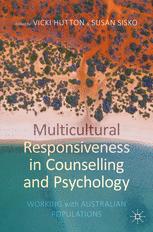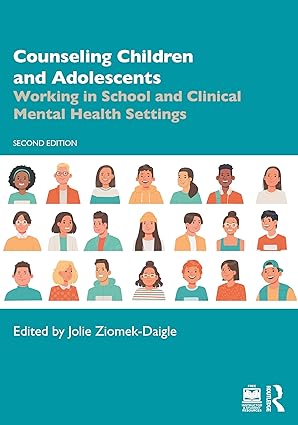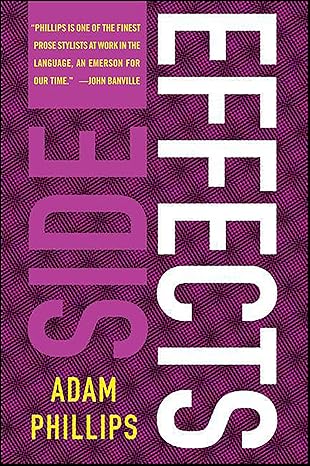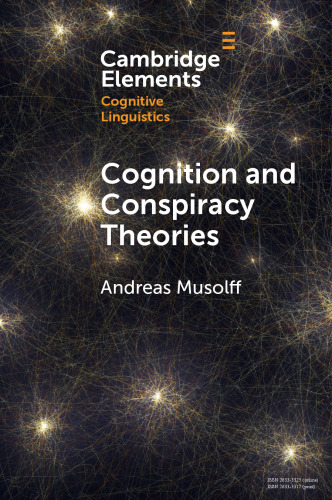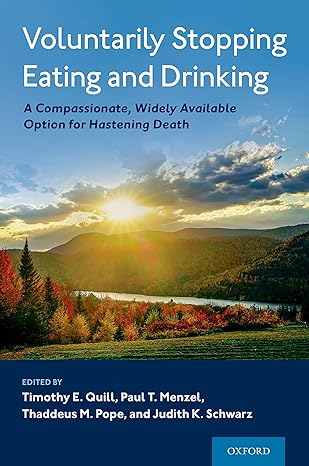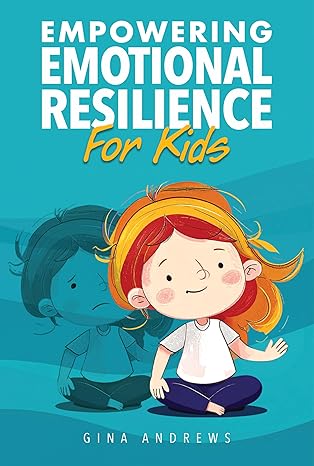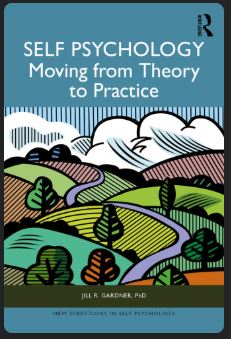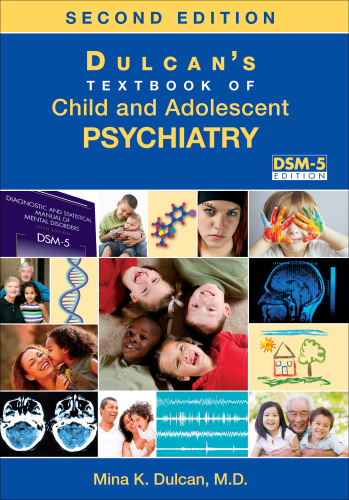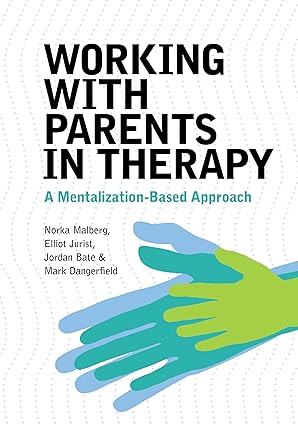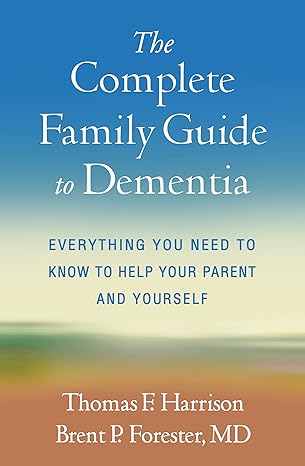A call for cultural responsiveness in counselling and psychology In this section, we will review issues in counselling and psychology and the impor- tance of understanding multicultural perspectives in the field through a social jus- tice framework. Australia is considered one of the most multicultural nations in the world. Australia’s rich cultural diversity highlights more than 300 languages spoken in homes, over 100 religions and more than 300 different ancestries. This wide variety of backgrounds, together with the many cultures of Aboriginal and Torres Strait Islander peoples, has helped to create a uniquely Australian identity (Australian Bureau of Statistics, 2016). As a result, understanding multicultural perspectives in counselling and psy- chology has become a requirement in the training and professional development for accredited practitioners. Training standards for counselling in Australia include subject knowledge around “cultural and social diversity” as a core curriculum requirement (Psychotherapy and Counselling Federation of Australia, PACFA, 2018, p. 3), and specifically “knowledge and integration of the range of under- standing diversity including culture, gender, sexual identity, sexual orientation, age, ability, class, religion and ethnicity, plus specific training in indigenous history” (PACFA, 2014, p. 3). The Australian Psychology Accreditation Council (APAC, 2019) requires knowledge and skills of psychology in a manner that is “reflexive, culturally appropriate and sensitive to the diversity of individuals” (p. 11), and that “cultural responsiveness, including with Aboriginal and Torres Strait Islander cul- tures, is appropriately integrated within the [training] programme and clearly artic- ulated as a required learning outcome” (p. 9)
چکیده فارسی
فراخوانی برای پاسخگویی فرهنگی در مشاوره و روانشناسی در این بخش، مسائل مربوط به مشاوره و روانشناسی و اهمیت درک دیدگاه های چند فرهنگی در این زمینه را از طریق چارچوب عدالت اجتماعی بررسی خواهیم کرد. استرالیا به عنوان یکی از چند فرهنگی ترین کشورهای جهان شناخته می شود. تنوع فرهنگی غنی استرالیا بیش از 300 زبان رایج در خانه ها، بیش از 100 دین و بیش از 300 اصل و نسب مختلف را برجسته می کند. این طیف گسترده ای از پیشینه ها، همراه با فرهنگ های بسیاری از مردم بومی و جزیره نشینان تنگه تورس، به ایجاد یک هویت منحصر به فرد استرالیایی کمک کرده است (اداره آمار استرالیا، 2016). در نتیجه، درک دیدگاه های چندفرهنگی در مشاوره و روانشناسی به یک نیاز در آموزش و توسعه حرفه ای برای پزشکان معتبر تبدیل شده است. استانداردهای آموزشی برای مشاوره در استرالیا شامل دانش موضوعی در مورد «تنوع فرهنگی و اجتماعی» به عنوان یک نیاز برنامه درسی اصلی است (فدراسیون روان درمانی و مشاوره استرالیا، PACFA، 2018، ص 3)، و به طور خاص «دانش و ادغام طیف وسیعی از افراد زیر دست». تنوع پایدار شامل فرهنگ، جنسیت، هویت جنسی، گرایش جنسی، سن، توانایی، طبقه، مذهب و قومیت، به علاوه آموزش خاص در تاریخ بومی» (PACFA، 2014، ص 3). شورای اعتباربخشی روانشناسی استرالیا (APAC، 2019) به دانش و مهارتهای روانشناسی به شیوهای نیاز دارد که «بازتابی، از نظر فرهنگی مناسب و حساس به تنوع افراد» باشد (ص. 11)، و «پاسخگویی فرهنگی، از جمله با بومیان و فرهنگهای جزیرهنشین تنگه تورس، بهطور مناسب در برنامه [آموزش] ادغام شده و بهطور واضح به عنوان یک نتیجه یادگیری مورد نیاز بیان شده است» (ص. 9)
ادامه ...
بستن ...
A call for cultural responsiveness in counselling and psychology In this section, we will review issues in counselling and psychology and the impor- tance of understanding multicultural perspectives in the field through a social jus- tice framework. Australia is considered one of the most multicultural nations in the world. Australia’s rich cultural diversity highlights more than 300 languages spoken in homes, over 100 religions and more than 300 different ancestries. This wide variety of backgrounds, together with the many cultures of Aboriginal and Torres Strait Islander peoples, has helped to create a uniquely Australian identity (Australian Bureau of Statistics, 2016). As a result, understanding multicultural perspectives in counselling and psy- chology has become a requirement in the training and professional development for accredited practitioners. Training standards for counselling in Australia include subject knowledge around “cultural and social diversity” as a core curriculum requirement (Psychotherapy and Counselling Federation of Australia, PACFA, 2018, p. 3), and specifically “knowledge and integration of the range of under- standing diversity including culture, gender, sexual identity, sexual orientation, age, ability, class, religion and ethnicity, plus specific training in indigenous history” (PACFA, 2014, p. 3). The Australian Psychology Accreditation Council (APAC, 2019) requires knowledge and skills of psychology in a manner that is “reflexive, culturally appropriate and sensitive to the diversity of individuals” (p. 11), and that “cultural responsiveness, including with Aboriginal and Torres Strait Islander cul- tures, is appropriately integrated within the [training] programme and clearly artic- ulated as a required learning outcome” (p. 9)
ادامه ...
بستن ...
V
Contents
1 Cultural Responsiveness in Counselling and Psychology:
An Introduction 1
Susan Sisko
1 1 Introduction 3
1 2 What Are the Issues? 3
1 3 Australian History 6
1 3 1 Indigenous Australians 6
1 3 2 Settler Colonialism 6
1 3 3 Postcolonialism 7
1 3 4 Cycle of Socialisation 8
1 3 5 Discrimination and Bias 9
1 4 Approaches to Responsiveness to Multicultural Counselling
and Psychology 11
1 4 1 Decolonising Counselling and Psychology 12
1 4 2 Understanding Intersectionality 14
1 4 3 Reflexivity and Self-Awareness in Counselling and Psychology 16
1 4 4 Reflexivity and Self-Awareness in Multicultural Counselling
and Psychology 16
1 4 5 Transformational Learning Approaches to Reflexivity
and Self-Awareness in Multicultural Counselling and Psychology 17
1 5 Conclusion 18
References 19
2 Post-Colonialism (Aboriginal and Torres Strait Islanders) 23
Noritta Morseu-Diop, Corrinne Sullivan, Sharlene Cruickshank,
Vicki Hutton, and Susan Sisko
2 1 Introduction 25
2 2 Post-Colonialism: The Myth 28
2 2 1 The House on the Hill 28
2 2 2 The ‘Benefits’ of Living Under a Colonialist Regime 30
2 2 3 Exploitation of the Natural Resources 30
2 2 4 A One-Sided Story 31
2 2 5 Personal Experiences of Ongoing Colonialism as a First Nations Australian 33
2 2 6 Building Bridges 34
2 3 Personal Stories and Current Affairs 36
2 3 1 Ending the Confusion: A Reflection of My Experiences
in Australian Education Spaces 36
2 3 2 The Past Is Always Present 40
2 4 Experiential Activities 44
References 47
VI
3 Racism 51
Alperhan Babacan, Rachael Jacobs, Alanna Kamp, Yin Paradies,
Anton Piyarathne, Caroline Wang, Karen Zwi, Lisa Woodland,
and Vicki Hutton
3 1 Introduction 53
3 2 Racism 55
3 2 1 Racism and Mental Health 55
3 2 2 Racism Against Asylum Seekers in Australia 59
3 3 Personal Stories and Current Affairs 66
3 3 1 A Letter to Asian Girls: Things I Wish I Knew 66
3 3 2 White Mongrel 70
3 3 3 Creating a Safe Space for Children and Families from Refugee
Backgrounds in the Healthcare System in Australia:
A Health Professional Perspective 74
3 3 4 Who Are the Sri Lankans in Australia?: An Outline for Mental
Health Workers 87
3 3 5 Systemic Oppression 89
3 4 Experiential Activities 92
References 96
4 Classism 103
Matt Fisher, Christopher Scanlon, Bernard Deojee, Vicki Hutton,
and Susan Sisko
4 1 Introduction 104
4 2 Social and Economic Determinants (Classism) and Mental Health 106
4 2 1 Social Determinants of Health 106
4 2 2 Social Determinants of Mental Health 108
4 2 3 Stress and Mental Ill-Health 109
4 2 4 Policy Action on Mental Health in Australia 110
4 2 5 Conclusion 111
4 3 Personal Stories and Current Affairs 112
4 3 1 Bogans and Hipsters: We’re Talking the Living Language of Class 112
4 3 2 Working in the Community 115
4 4 Experiential Activities 117
References 120
5 Sexism 125
Fiona Kate Barlow, Raine Vickers-Jones, Beatrice Alba,
Emma Williamson, and Vicki Hutton
5 1 Introduction 127
5 2 Sexism and Mental Health 129
5 2 1 What Is Sexism? 129
5 2 2 Gender Inequality Across the Globe 129
5 2 3 Gender Inequality in Australia 130
Contents
VII
5 2 4 Mental Health 131
5 2 5 Relationships 134
5 2 6 Sexism in the Workplace 135
5 2 7 Intersectionality 136
5 2 8 Men Experience Gendered Inequalities Too 136
5 2 9 Conclusions and Solutions 138
5 3 Personal Stories and Current Affairs 139
5 3 1 Still Serving Guests While Your Male Relatives Relax?
Everyday Sexism Like This Hurts Women’s Mental Health 139
5 3 2 Four Home Traps That Contribute to the Gender Pay Gap 141
5 4 Experiential Activities 143
References 145
6 Heterosexism and Cisgenderism 153
Michael Barnett, Filipe Fotheringham, Vicki Hutton,
and Kieran O’Loughlin
6 1 Introduction 154
6 2 Heterosexism, Cisgenderism and Mental Health 155
6 2 1 LGBTI Mental Health 158
6 2 2 Heterosexism and Cisgenderism in Counselling 161
6 2 3 Conclusion 162
6 3 Personal Stories and Current Affairs 162
6 3 1 “The Space We Created” 162
6 3 2 A Gay Man’s Reluctant Journey to Turning Around LGBTIQ
Intolerance in the Jewish Community 165
6 3 3 Interview with a Gay Affirmative Practice Therapist 168
6 4 Experiential Activities 173
References 177
7 Ageism 179
Catherine Barrett, Sarah Bostock, Alessandra Chinsen, Ilsa Hampton,
Magenta B. Simmons, Ellie Brown, Nicholas J. Fava, Vivienne Browne,
Lucas Walsh, Vicki Hutton, and Susan Sisko
7 1 Introduction 180
7 2 Ageism – Older and Younger Australians 181
7 2 1 Projecting Beauty in an Ageist World 181
7 2 2 Millennials Walking Around Like They Rent the Place 189
7 3 Personal Stories and Current Affairs 196
7 3 1 Spirituality and Ageing in Contemporary Care 196
7 3 2 Age Shouldn’t Matter, but It Does... 199
7 3 3 Fighting for Control 201
7 3 4 Finding the Right Community and Psychologist 204
7 3 5 Stop Calling Young People Apathetic 206
7 4 Experiential Activities 208
References 210
Contents
VIII
8 Ableism 217
Sarah Wayland, Jennifer Smith-Merry, Sarina Rakidzic, Amie O’Shea,
Richard Schweizer, Kate Gill, Vicki Hutton, and Susan Sisko
8 1 Introduction 219
8 2 Understanding the Judgement of Others: Ableism and Mental Health 221
8 2 1 What Is Ableism? 221
8 2 2 What Is the Current Experience of People with Disability
and the Impact of Ableism? 223
8 2 3 How Does this Relate to Mental Illness/Mental Health? 223
8 2 4 What Happens When Comorbid Conditions Are Present – How Can
These Be Acknowledged? 224
8 2 5 Policy and Practice Relevant to Addressing Ableism 225
8 2 6 Listening Out for Lived Experience Expertise 226
8 2 7 Conclusion 226
8 3 Personal Stories and Current Affairs 227
8 3 1 The Rubik’s Cube 227
8 3 2 Never Give Up: Living with Schizophrenia 228
8 3 3 Trying to Fit in: The Person Is Wrong, Defective
and Needs to Be Changed 231
8 4 Experiential Activities 235
References 239
9 Sizeism 241
Cat Pausé, Deborah Lupton, Tayla Cadigan, Vicki Hutton,
and Susan Sisko
9 1 Introduction 242
9 2 Inside Out: Fattening Therapy 243
9 2 1 The Impact of Fat Stigma in Therapeutic Settings 243
9 2 2 Assumptions 244
9 2 3 Consider the Following Scenarios 245
9 2 4 Counsellor Awareness and Knowledge 247
9 2 5 Counsellor Resources 248
9 2 6 Conclusion 249
9 3 Personal Stories and Current Affairs 249
9 3 1 What Does Fat Discrimination Look Like? 249
9 3 2 I Am More Than the Number on My Shirt 251
9 4 Experiential Activities 253
References 256
Contents
IX
10 Religious Hegemonism 259
Kathleen McPhillips, Maxine Rosenfield, Ridwan Haq,
Vicki Hutton, and Susan Sisko
10 1 Introduction 261
10 2 Religion and Faith in Australia: Diversity, Plurality and Change 263
10 2 1 Introduction 263
10 2 2 Contexts and Histories of Religion in Australia 264
10 2 3 The Outcomes of Sectarianism 265
10 2 4 The Impact of Migration on Religious Diversity 265
10 2 5 Religion in Contemporary Australia 266
10 2 6 Religion and Education 267
10 2 7 Conclusion 273
10 3 Personal Stories and Current Affairs 274
10 3 1 A Pound of Flesh 274
10 3 2 The Allure of Belonging; a Muslim’s Reflection on the Pressure
of Secular-Christian Conformance 277
10 4 Experiential Activities 280
References 283
11 Key Principles for Multicultural Perspectives
and Responsiveness in Counselling and Psychology 287
Susan Sisko
11 1 Multiculturalism and Social Justice in Counselling and Psychology 289
11 2 Six Key Principles for Multicultural Perspectives and
Responsiveness in Counselling and Psychology 291
11 2 1 Decolonising Counselling and Psychology 291
11 2 2 Intersectionality 291
11 2 3 Cultural Humility 292
11 2 4 Counsellor and Psychologist Self-Awareness 292
11 2 5 Engagement and Connection 292
11 2 6 Activism with and on Behalf 293
11 3 Conclusion 293
References 294
Supplementary Information
Index 29
ادامه ...
بستن ...
